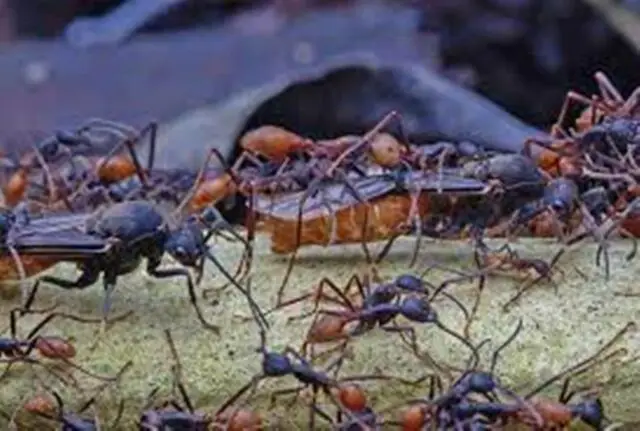There are at least 20 trillion ants on Earth according to a new study that says even that staggering figure likely underestimates the total population of these insects, an essential part of ecosystems around the world. Determining the global population of ants is very important to measure the consequences of changes in their habitat, including those caused by climate change.
Ants play important roles in dispersing seeds, harboring organisms, and serving as predators or prey. Some studies have already attempted to estimate the global population of ants, but resulted in much lower numbers.
For this new effort, published Monday in the journal Proceedings of the National Academy of Sciences (PNAS), the researchers analyzed 465 studies that measured the number of ants, locally, on the ground. The hundreds of studies used 2 standardized techniques: setting traps that captured passing ants for a certain period of time, or analyzing the number of ants on a delimited patch of leaves on the ground.

While surveys have been conducted on every continent, some major regions had little or no data, including Central Africa and Asia. Therefore, “it is very likely that the true number of ants worldwide is considerably higher than estimated”, says the study. “It is of utmost importance that we fill in these remaining gaps to achieve a complete picture of insect diversity”.
There are more than 15,700 named species and subspecies of ants found across the planet, and probably an equal number that have yet to be described. But almost 2 thirds of them are found in only 2 types of ecosystems: tropical forests and savannahs.
Based on the estimated number of ants, their total biomass on Earth is thought to be 12 million tons, more than that of wild birds and mammals combined, and 20% that of humans. In the future, the researchers plan to study the environmental factors that influence the population density of these tiny creatures.

